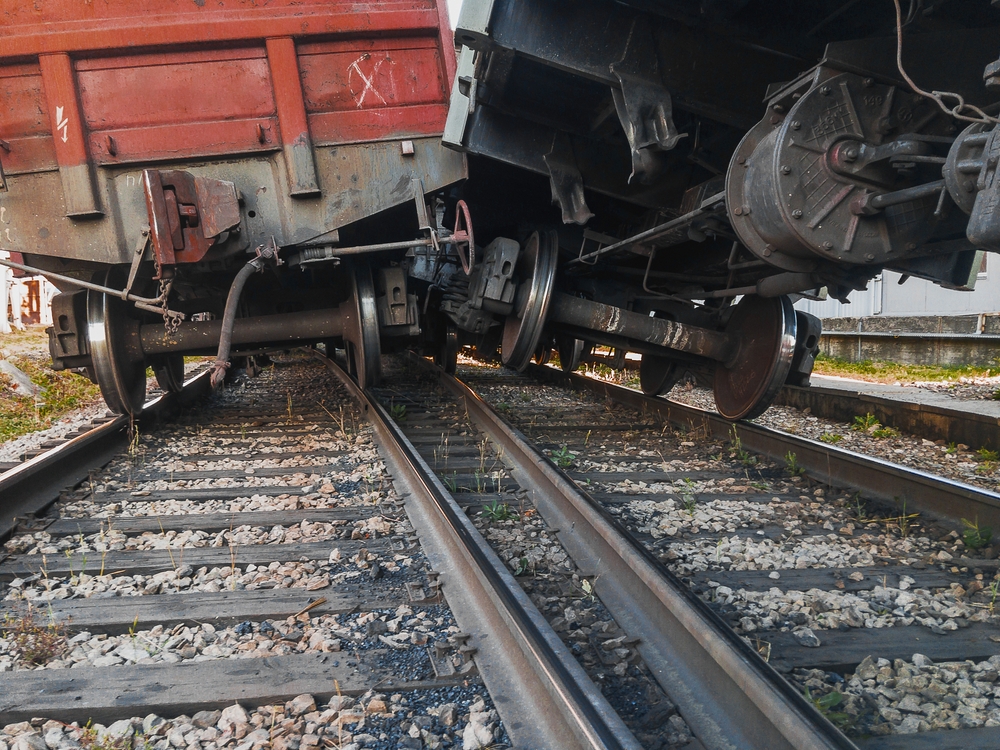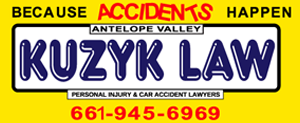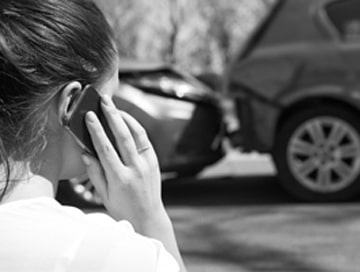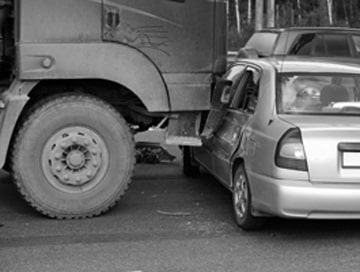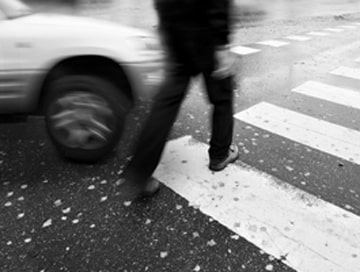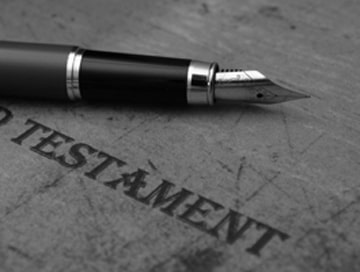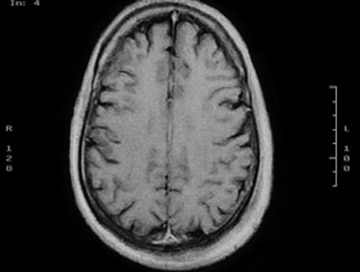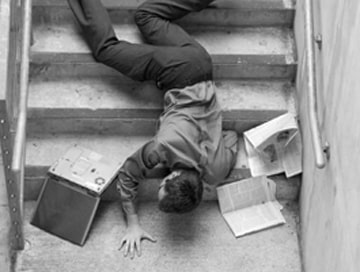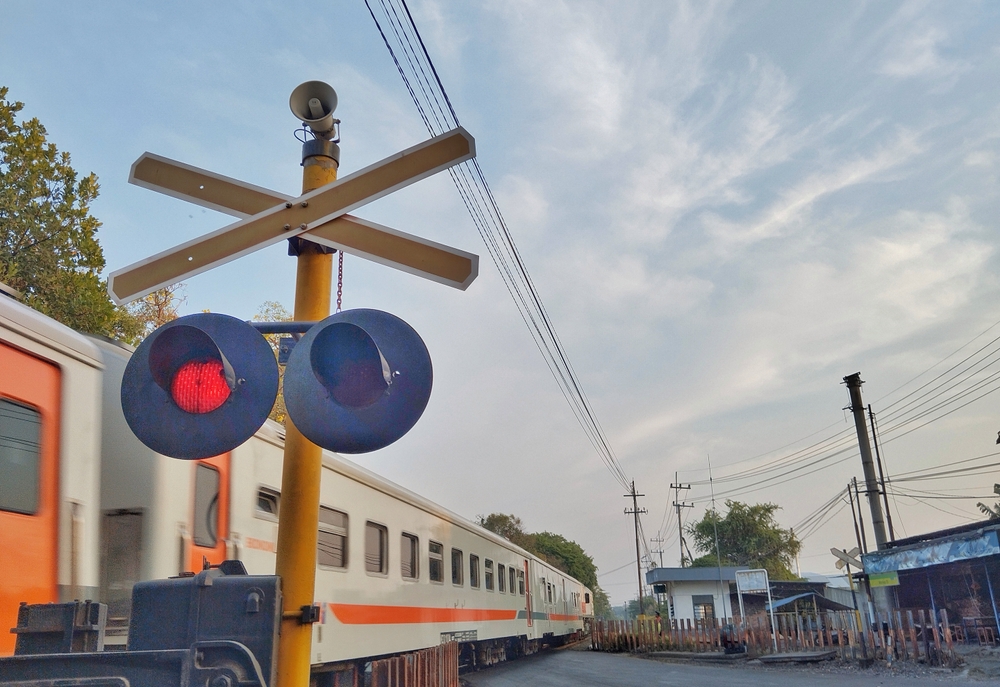
Train accidents can be devastating events, causing catastrophic injuries and emotional trauma.
The physical and financial burdens can be overwhelming if you’ve been involved in a Bakersfield train accident.
An experienced Bakersfield train accident lawyer at Kuzyk Personal Injury & Car Accidents Lawyers can be your advocate, guiding you through the legal process and helping you recover the compensation you deserve.
At Kuzyk Personal Injury & Car Accidents Lawyers, we understand the complexities and unique challenges that train accident victims face. With decades of experience and a track record of success, we are committed to providing compassionate and skilled representation to our clients in Bakersfield and throughout California.
Bakersfield: A Vibrant City with a Focus on Safety
Bakersfield is a thriving city with a rich history and a focus on community well-being. While train accidents can occur, local authorities and organizations are working to improve safety and prevent future incidents.
Recent Train Accidents in Bakersfield:
Fatal Pedestrian Accident: In June 2024, a pedestrian was tragically struck and killed by a train near the Rosedale Highway overpass in Bakersfield. This incident highlights the importance of caution and awareness around railroad crossings.
Fatalities: According to the Federal Railroad Administration (FRA), California has experienced a significant number of train-related fatalities in recent years. This highlights the importance of prioritizing safety measures and holding responsible parties accountable.
Train Delays and Evacuations: In recent years, Bakersfield has experienced train delays and evacuations due to various factors, including mechanical issues, track maintenance, and safety concerns. These incidents underscore the need for ongoing efforts to improve train operations and ensure public safety.
Economic Impact: Train accidents can have significant financial consequences, including property damage, business disruptions, and job losses. The impact of train accidents on the Bakersfield community can be substantial.
Holding Negligent Train Companies Responsible for Accidents
Train accidents can be devastating, resulting in severe injuries and property damage. When a train accident occurs, it’s crucial to determine the responsible party and hold them accountable.
Human Error:
Train operators, maintenance crews, or railroad dispatchers may need to correct mistakes that lead to accidents.
Mechanical Failure:
Problems with train equipment or track infrastructure can cause derailments or collisions.
Electrical Failure:
Electrical malfunctions can cause signals to malfunction or lead to fires.
Track Defects:
Poorly maintained tracks can increase the risk of accidents.
Railroad Crossing Accidents:
Negligence of drivers or railroad companies can lead to collisions at crossings.
Determining Liability
Determining liability in a train accident can be complex and requires a thorough investigation. Key factors to consider include:
The specific cause of the accident:
Identifying the root cause of the accident is crucial for determining liability.
The role of the railroad company:
The railroad company may be liable if its negligence or misconduct contributed to the accident.
The role of train operators:
They may be liable if a train operator’s actions or inactions contributed to the accident.
The role of third parties:
Other parties, such as maintenance contractors or property owners, may share liability if their negligence contributed to the accident.
Seeking Compensation
If you’ve been injured in a train accident, you may be entitled to compensation for your damages. This can include:
- Medical expenses: Costs for treatment, rehabilitation, and future medical care.
- Lost wages: Compensation for income lost due to your injuries.
- Pain and suffering: Compensation for the physical and emotional pain caused by the accident.
- Property damage: Compensation for damage to your vehicle or other property.
It’s essential to consult with a skilled train accident lawyer to help you navigate the legal process and maximize your chances of recovering compensation. A lawyer can investigate the accident, gather evidence, negotiate with the responsible parties, and represent you in court if necessary.
Steps to Take After a Train Accident in Bakersfield
Experiencing a train accident can be traumatic, but knowing the proper steps to take immediately afterward can make a significant difference in your recovery and legal case.
Here’s what you should do:
Immediate Actions at the Scene
Seeking Medical Attention
If you are injured, call 911 immediately or seek medical attention immediately.
Contacting Authorities and Legal Support
Report the accident to the police and railroad officials
Documenting the Incident
If you can, take photos or videos of the accident scene, your injuries, and any damage.
Gather Witness Information:
Please get the names and contact information of any witnesses to the accident.
Long-term Recovery and Support
Contact a Bakersfield Train Accident Lawyer:
An experienced Bakersifeld train accident lawyer can help you understand your legal rights and options, investigate the cause of the accident, and build a strong compensation case.
Focus on Your Recovery:
Focus on your physical and emotional recovery, following doctor’s orders and attending all necessary appointments.
Who Can File a Wrongful Death Claim After a Train Crash in California?
Losing a loved one in a train accident is a devastating experience. If the accident was caused by negligence, certain family members may be eligible to file a wrongful death claim.
In California, this typically includes the deceased’s spouse, children, and, in some cases, parents or other dependents.
Kuzyk Personal Injury & Car Accidents Lawyers’s compassionate and experienced team is here to guide you through the process and help you seek justice and compensation for your loss.
Our Train Accident Attorneys Have The Knowledge And The Experience You Need To Win Your Claim
Train accident cases can be complex, involving multiple parties, extensive investigations, and intricate legal procedures.
The attorneys at Kuzyk Personal Injury & Car Accidents Lawyers have the knowledge and experience necessary to navigate these challenges effectively. We understand the unique aspects of train accident law and are well-versed in the rail industry’s regulations.
Our team is committed to building a solid case on your behalf, ensuring you receive the compensation you need to cover medical expenses, lost wages, pain and suffering, and more.
Common Types of Train Accidents in Bakersfield
Train accidents can occur in various ways, each with its risks and potential injuries. Some of the most common types of train accidents in Bakersfield include:
Train derailments
When a train leaves its tracks, it can cause severe injuries to passengers and property damage.
Train collisions
These can occur between trains or between a train and another vehicle, often leading to catastrophic consequences.
Lurching (abrupt stops and starts)
Abrupt starts and stops can cause passengers to be thrown from their seats, resulting in injuries.
Fire (which also causes smoke-inhalation injuries)
Fires on trains can cause burn injuries and smoke inhalation, both of which can be life-threatening.
Electrical shocks and explosions
Faulty wiring or equipment can lead to electrical shocks or explosions, posing severe hazards to passengers and workers.
Railroad crossing collisions
These accidents involve motor vehicles, pedestrians, or bicyclists at railroad crossings and are often deadly.
Falls
Passengers can fall on train platforms, in stations, or on the train itself, leading to injuries.
Train Investigation Evidence Collection
Properly investigating a train accident and collecting evidence is crucial to building a solid legal case. The following types of records and data are typically involved in train accident investigations:
Personal Records
Statements from passengers, witnesses, and employees: These statements can provide valuable insights into the events leading up to the accident, including any unusual behavior, noises, or warning signs.
Dispatch Records
Communication records: A review of dispatch records can help determine if there were any communication issues or errors that may have contributed to the accident.
Inspection and Maintenance Records
Regular inspections and maintenance logs: These records can help determine if the train or tracks were in proper working condition and if there were any known defects or maintenance issues.
Event Data Recorder (EDR) Aka “Black Box”
Train data: The EDR records the train’s speed, braking, and other operational details at the time of the accident. This data can be crucial in determining the cause of the accident.
The Role of Technology in Train Safety
Positive Train Control (PTC):
PTC is a safety system that uses GPS technology to monitor train locations and speeds, preventing collisions and derailments. Its implementation has been a significant step towards improving train safety.
Advanced Warning Systems:
Trackside sensors and warning systems can detect potential hazards and alert train operators, allowing them to take evasive action if necessary.
Automation and AI:
Automation and artificial intelligence are being explored to improve train operations and reduce human error. Technologies such as autonomous trains and AI-powered decision-making systems could enhance safety in the future.
The Impact of Train Accidents on Communities
Economic Impact:
Train accidents can have significant economic consequences, including property damage, business disruptions, and job losses. Communities affected by train accidents may face long-term financial challenges.
Safety Concerns:
Train accidents raise public safety concerns, particularly in areas with high traffic. Measures such as improved safety barriers, grade separations, and public awareness campaigns can help mitigate these risks.
Environmental Impact:
Train accidents can have environmental consequences, such as chemical spills or ecosystem damage. Addressing these environmental impacts and implementing measures to prevent future harm is essential.
Common Causes of Train Accidents in Bakersfield
Train accidents can be caused by a variety of factors, including:
Human Error
Operator negligence:
Train operators’ mistakes, such as speeding, failing to follow signals or fatigue, can contribute to accidents.
Dispatcher errors:
Errors in communication or decision-making by train dispatchers can also lead to accidents.
Mechanical Failure
Locomotive failures:
Problems with the train’s engines, brakes, or other equipment can cause accidents.
Carriage failures:
Defects in the train cars, such as broken wheels or structural issues, can lead to derailments or collisions.
Electrical Failure
Signal malfunctions:
Faulty signals can cause trains to collide or derail.
Power outages:
Power outages can disrupt train operations and increase the risk of accidents.
Track, Roadbed, and Structure
Track defects:
Issues such as worn rails, broken ties, or improper track alignment can contribute to accidents.
Roadbed instability:
Erosion or other factors can cause the roadbed to become unstable, leading to track failures.
Structure failures:
Bridges, tunnels, and other structures can collapse or fail, causing accidents.
Bakersfield Train Accident FAQs
What evidence is necessary to support a train accident claim?
Evidence can include:
- Police reports
- Medical records
- Witness statements
- Photos and videos of the accident scene
- Train maintenance records
- Event data recorder (EDR) data
- Expert testimony
How can Kuzyk Personal Injury & Car Accidents Lawyers assist with a train accident case?
Our experienced train accident lawyers can:
- Investigate the accident: Gather evidence and determine the cause of the accident.
- Negotiate with insurance companies: Seek compensation from the responsible party or their insurance company.
- File a lawsuit if necessary: If a fair settlement cannot be reached, our lawyers can represent you in court.
- Provide legal advice and support: Our team will guide you through the legal process and protect your rights.
What are the common causes of train accidents in Bakersfield?
Common causes include human error, mechanical failure, electrical track or traffic, and structure issues.
What if the train accident involved a government-operated train?
Different legal rules and procedures may apply if a government agency operated the train involved in the accident. It’s crucial to consult a lawyer experienced in handling train accidents involving government entities.
How long does it take to resolve a train accident claim?
The timeline for resolving a train accident claim can vary depending on the case’s complexity, the extent of your injuries, and the cooperation of the insurance company or government agency involved. Some cases may settle relatively quickly, while others may take longer to resolve, especially if they involve litigation.
Contact a Bakersfield Train Accident Lawyer at Kuzyk Personal Injury & Car Accidents Lawyers by Giving Us A Call Now!
If you or a loved one has been involved in a train accident, don’t wait to seek legal help. The experienced team at Kuzyk Personal Injury & Car Accidents Lawyers is here to support you every step of the way. Contact us today to schedule a free consultation and learn more about how we can help you get the compensation you deserve.
